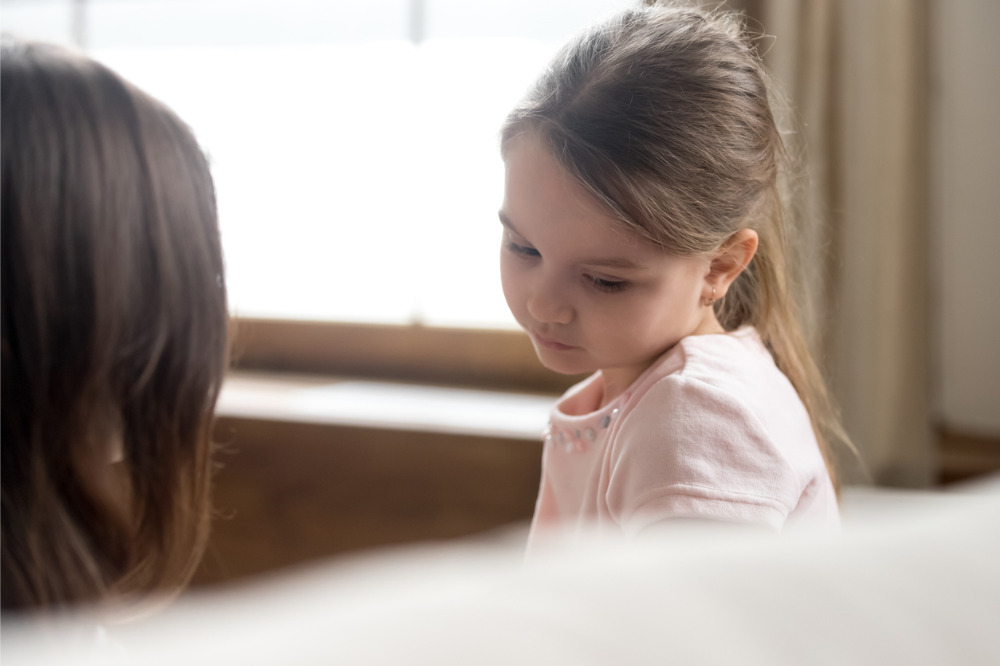
For principals, having difficult conversations with students, whether they be about alcohol and drugs, eating disorders or sex and sexuality, can be an emotionally charged, and awkward, experience.
As such, knowing how to approach and have these conversations can mean the difference between an upset student and a thankful one.
Around the world, different tactics are being explored to help educators navigate these important discussions.
According to Boston University Assistant Professor Christina Dobbs and Harvard Graduate School of Education Senior Lecturer Pamela Mason, educators can embrace controversial books in their lesson plans to address this issue.
In an article published in Harvard University’s Usable Knowledge, Dobbs and Mason say that if educators avoid teaching texts that can lead to difficult conversations or upset the status quo, they may miss powerful learning opportunities.
Other strategies have included the use of videos which provide informative icebreakers to difficult topics for young people.
One teacher-backed video resource is helping schools normalise sensitive topics and get kids talking by allowing them to hear the perspectives of young people.
Talk Revolution – founded by mother of two, Tasha Lawton – is age appropriate for Primary and Secondary, mapped to the Australian/NSW and Victorian Curriculum and appeals to all learner types.
“This content is essentially ‘taught’ by kids to kids, with the guidance of teachers. It feels more like an open conversation than a lesson. I think that’s why it’s striking a chord,” she said.
The resource includes over 70 videos that cover the signs to look out for, how to raise topics with friends that might be at risk, discuss options and places to get further help.
The videos offer very practical advice, for example, when a friend tells you they feel really low, don’t say ‘Do some exercise and get those endorphins going and you’ll be fine’, instead try ‘when I’ve felt low in the past, I found exercising with someone helped me feel much better, so if you ever want to go for a walk or run with someone I’d love to come with you’.
The program, which has been written in line with the National and State (PD) HPE Curriculums, covers up to 85% of the Health Content component and includes over 500 pages of teacher notes and lesson plans.
Mike, a HPE teacher who used the resource for his students, said there “wasn’t much not to like” about the program, which he has used at his school.
“The fact that you have it aligned to the curriculum means it will seamlessly slip into any school’s HPE program. The activities are highly collaborative and it creates discussion”.


